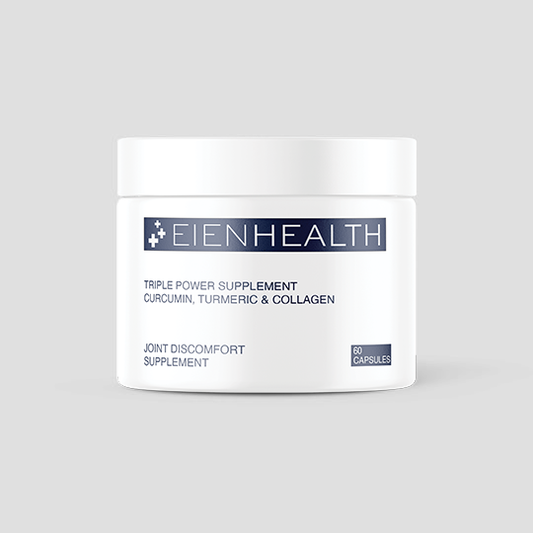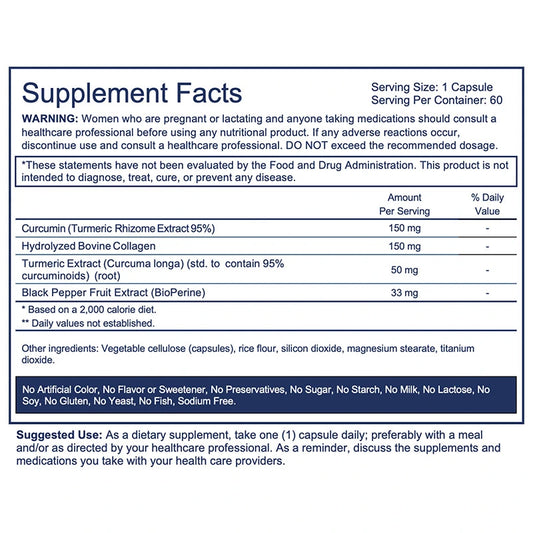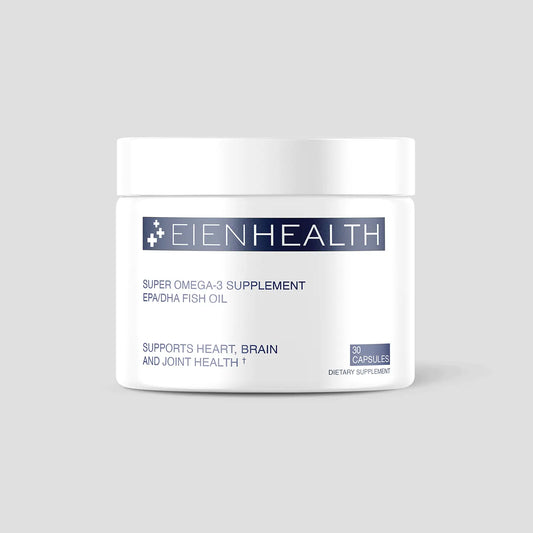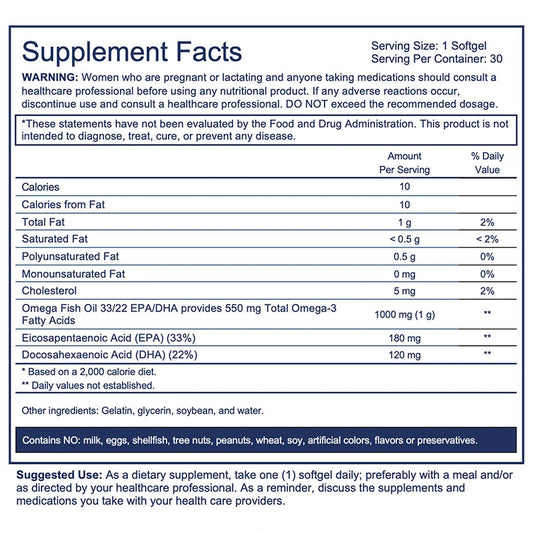What Is Your Biological Age? And Why Does It Matter?
Are you aging more than you think?
Surprise! You have 2 ages! The one you already know is the one that you celebrate every year, your chronological age. The other that you probably aren’t aware of is the way your cells have changed as you age, your biological age. If you own a Pearson chronological Age Calculator, you can figure out that age to the day. Biological age is basically a measurement of your age based on several biomarkers — a number that can change due to lifestyle and other health factors.
“Knowing your biological age is an effective way of determining your cumulative rate of aging,” says Morgan Levine, Ph.D., assistant professor of pathology at the Yale School of Medicine and Elysium’s Bioinformatics Advisor. The cumulative rate of aging is your biological age comparative to your chronological age — a measure of the tempo at which your body has aged for every year you have been alive. Your biological age reflects a mixture of your genetics, stored lifestyle factors, and other determinants such as demographics, diet, and exercise habits.
Once knowing your biological age, you can choose to adjust lifestyle changes that may improve your overall health. You can see what it is your body is needing to allow you to live a longer and healthy life.
The Epigenome’s Connection to Biological Age
Your genome is your complete DNA (deoxyribonucleic acid). It contains the orders for building the proteins that carry out a variety of functions in a cell. Your epigenome is made up of chemical compounds and proteins that can attach to your DNA. They tell the DNA what to do — turn on and off, what type of protein to make. When epigenetic compounds attach to DNA, they are said to have "marked" the genome. These marks do not change the sequence of the DNA, but they do change the way cells read the DNA's instructions. DNA methylation is one type of mark, and it can be recognized and tracked as a sign of aging in various areas of the genome.
For example, if your body needs to create new fingernails cells, it will look at the section of your DNA for fingernails and read only the part on how to create fingernails. Your genome always stays the same, while the epigenome changes over the course of your lifetime. Scientists like Levine will take a sample of your cells and study the genome and see what areas are marked with DNA methylation I order to calculate your biological age. “In certain areas of our genome the methylation changes very precisely with age,” Levine says. Horvath’s study used 353 sites on the genome to predict chronological age — comparing the data to existing data on chronological age. Levine’s work uses thousands of sites to foresee biological age — comparing the data to biomarker signatures of biological age. Some sites are more precise than others, so the growing age is a weighted average of all the sites.
Despite the preciseness of finding your biological age number, your organs, and tissues have their own biological age as well. The ultimate goal will be to eventually have everyone know both their chronological age and biological age.
How to Understand Your Biological Age
If you are curious to know your biological age, it will give you a whole health profile. There are many benefits to doing so. You can track your age and better understand what is good and bad for your health more specifically. There is no guarantee that living a healthy lifestyle will improve your biological age, but it doesn’t hurt to know this. Whether knowing this or not, there are many things that you can do to improve overall health and possibly slowing down biological aging. Things like diet, exercise, managing stress level, and getting enough sleep are just a few.
Please remember that you should never rely solely on your biological age to screen, treat, or diagnose or prevent any disease or condition. Additionally, unless your physician recommends, your biological age should not determine any medical treatments.
With all these scientific advances, you can find out your biological age by just giving a spit sample. Knowing this will help you in tracking your body and what it needs in order to be healthy and live a long life. Soon you will see that we will be celebrating our biological age as well as our chronological age.










